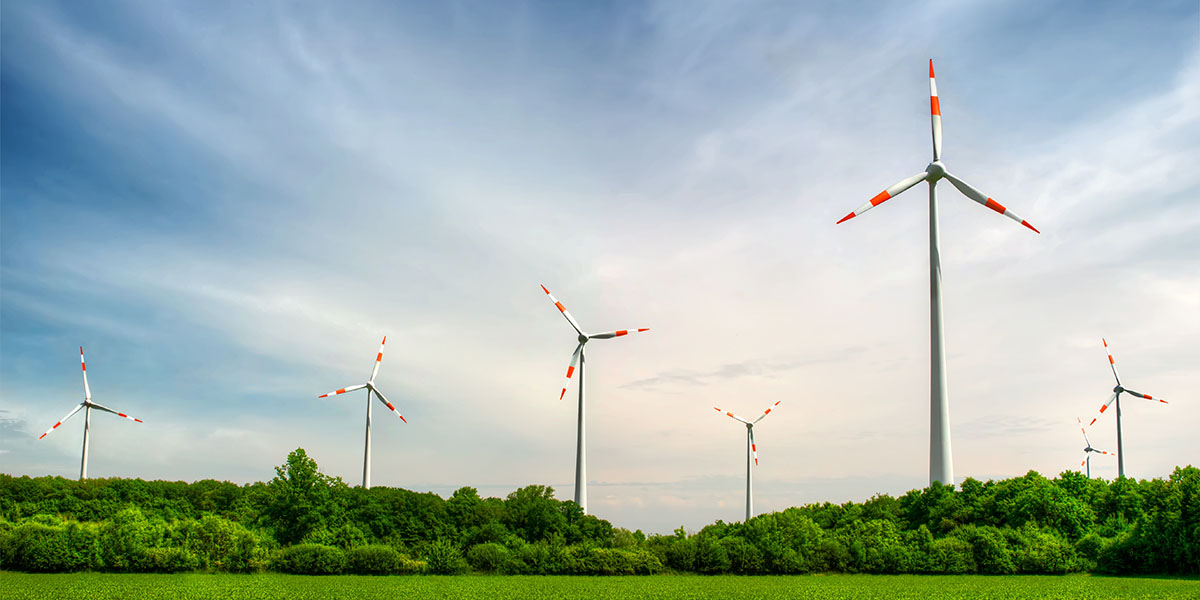To keep the 1.5 alive, we need a 45% reduction in global emissions by 2030. That problem was not solved. Global emissions grew by 6% which is worse than ever before. According to today’s data, global emissions are set to increase by 14% in the 2020s and as we see our planet warming by 1.2 degrees, we see the devastating consequences everywhere. In 2020 climate disasters saw more than 30 million people move from their homes and half of humanity is living in the danger zone. If humanity continues in this direction, we can wave 1.5 degrees goodbye and 2 degrees will be out of reach. If we want to stop global warming, we need to look at the G20 countries which count for 80% of all global emissions and are standing in the way of commitments towards climate change due to a high dependence on coal. Our planet cannot afford the climate blame game where developed countries say they need their jobs, and it is up to the emerging economies to speed up their transitions. The emerging economies respond by saying developed countries export heavy expensive industry/finished goods, whilst asking for cheap raw materials. Plus, they have a historical responsibility which is why they have internationally agreed principal commerce responsibilities, in light of national circumstances.
So, what is the solution?
Formation of coalitions to provide major emerging economies with the alternative of coal e.g., Japan and China have stopped funding coal abroad; oil and gas exploitation needs to cease; all donors and multilateral development banks should commit to the goal of allocating over half of their climate finance to adaptation by 2024 and finally, we need eligibility systems that are simple to deal with in this new reality.



